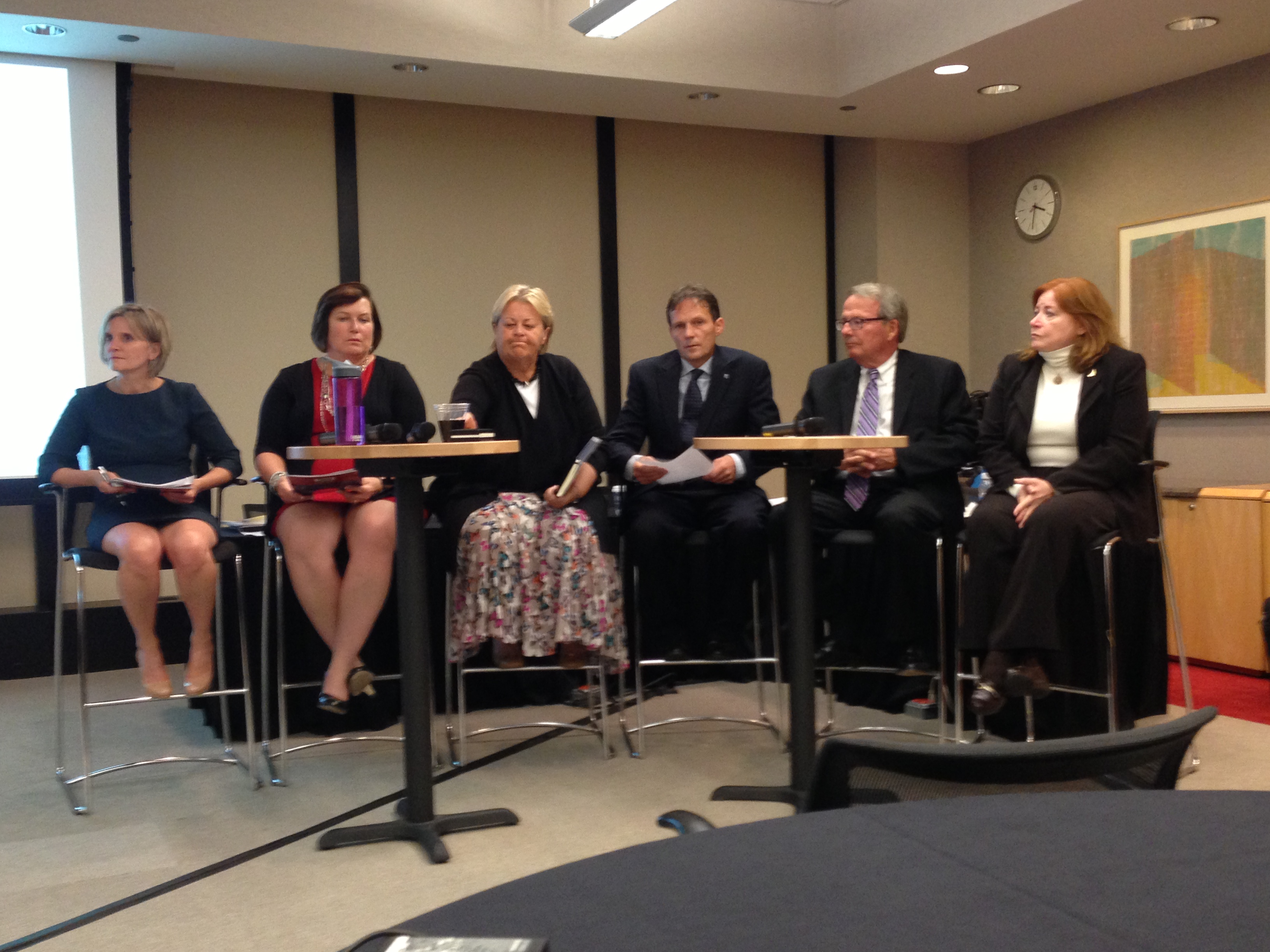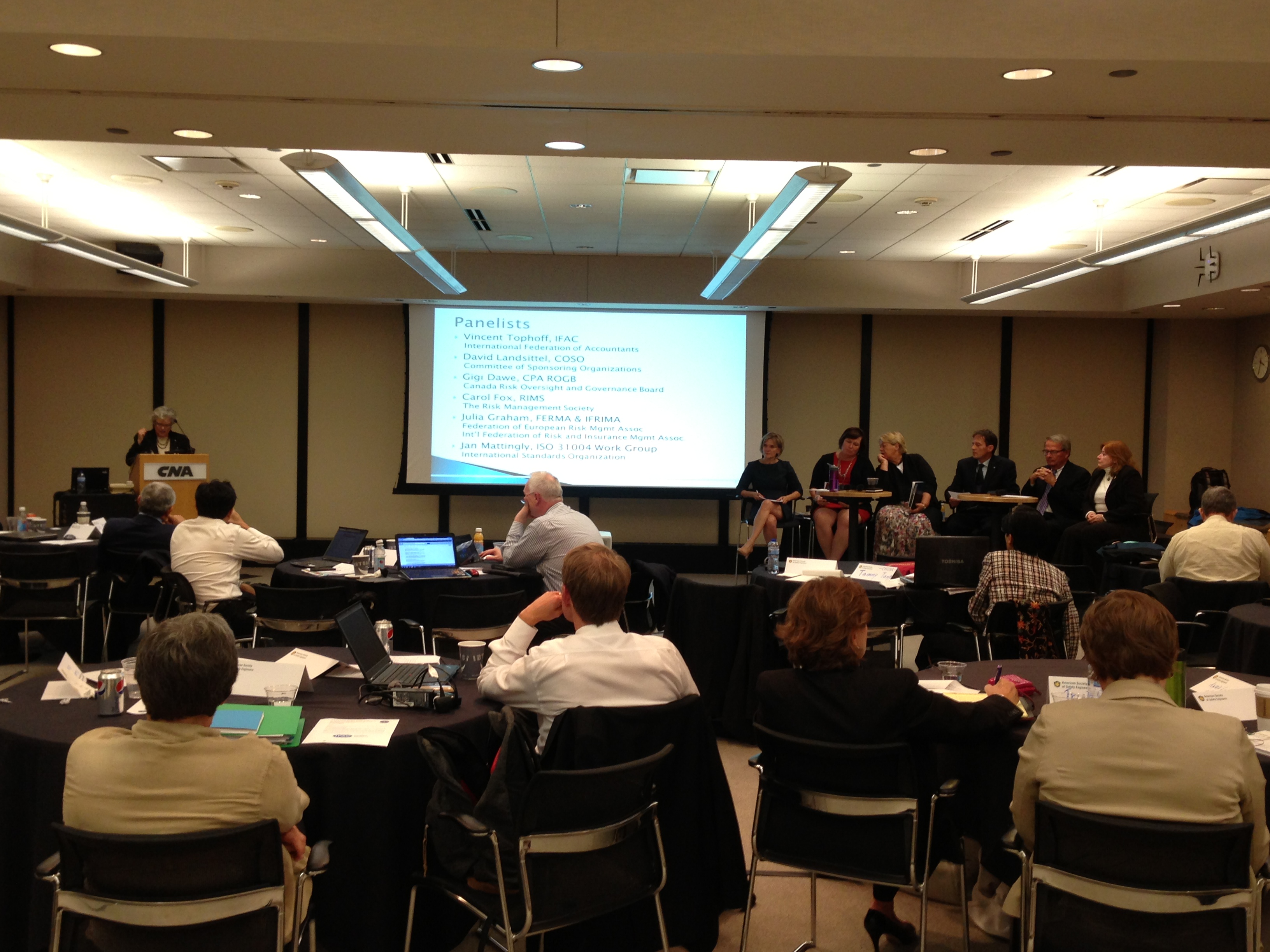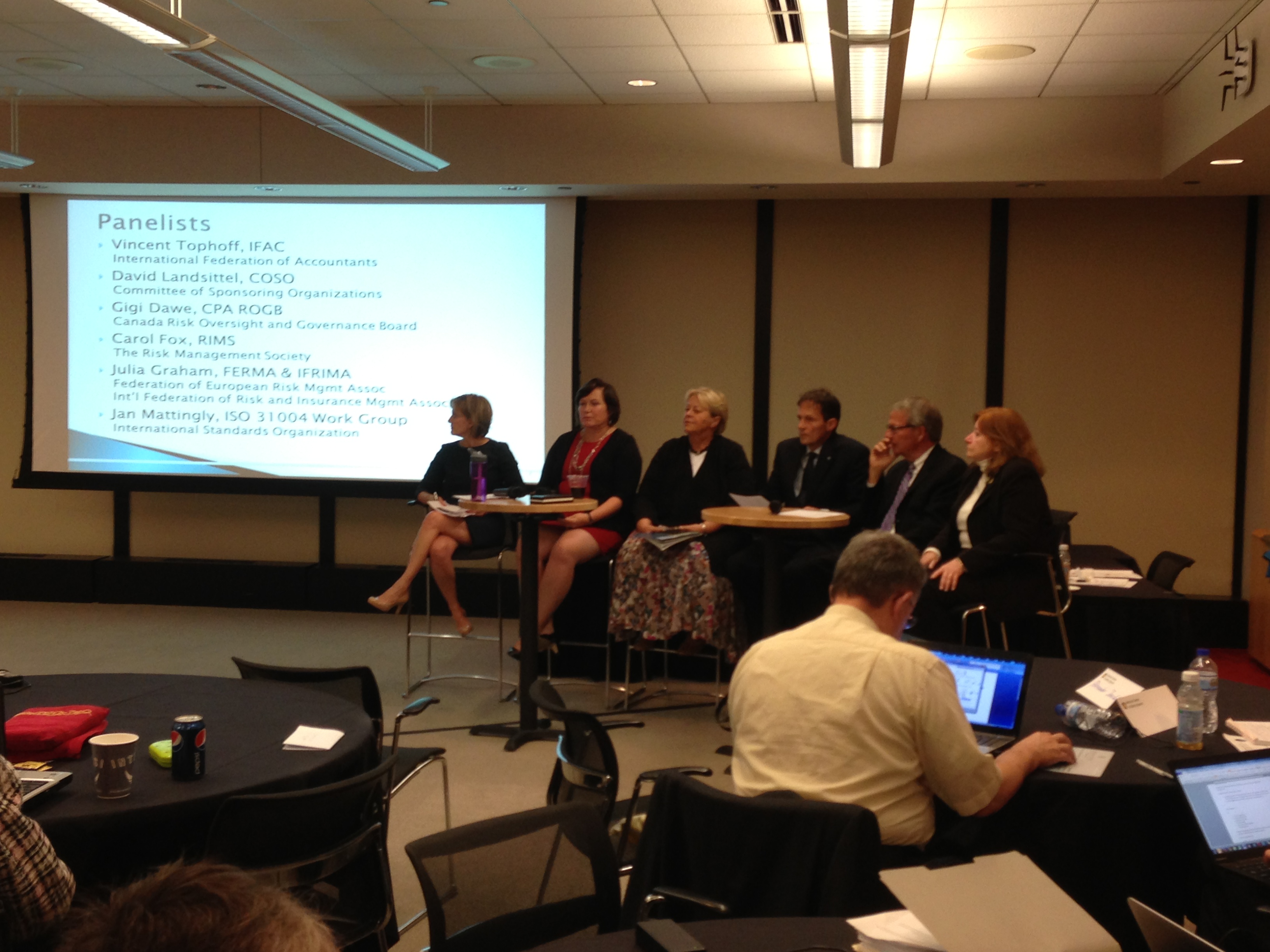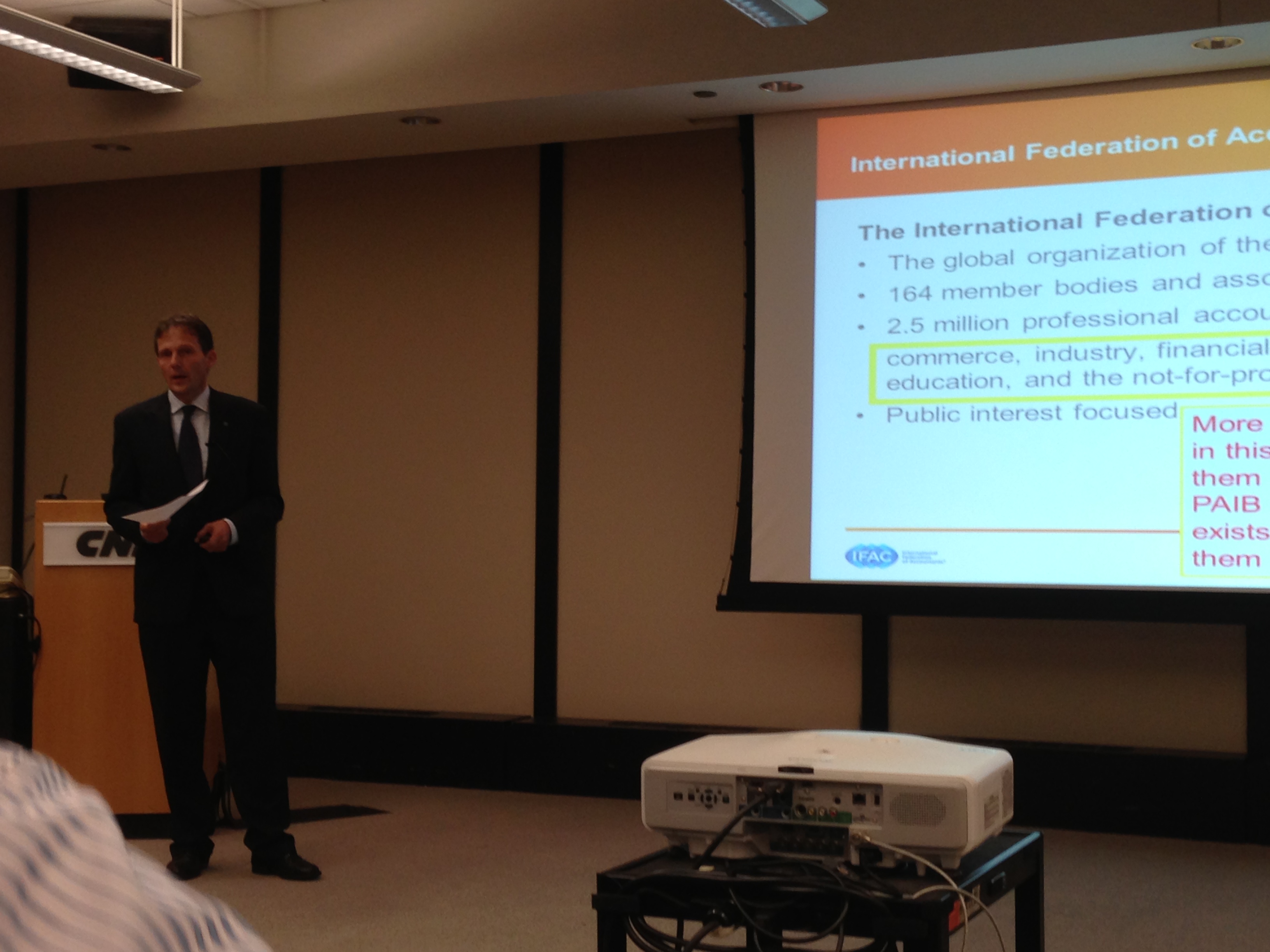My fellow board members and I are here for a meeting of the International Ethics Standards Board for Accountants, the Ethics Board for short. It is great to be in Sydney, for many of us for the first time.
The Ethics Board is an independent board that sets the ethical standards for all accountants who are affiliated with the International Federation of Accountants, or IFAC. That is 2.5 million accountants in 129 countries around the world and in different lines of work. Virtually all auditors are covered by our ethics standards, but also many other accountants in public practices—such as tax advisors, corporate finance specialists, and IT systems advisors—and many accountants in business.
Twenty-three of the largest international accounting networks, including the Big 4, have also committed to following our ethics standards on transnational audits. This means that virtually all listed companies around the world are audited by a firm that has made the commitment to follow our ethics standards with respect to such audits.
The very first sentence in our Ethics code is: “A distinguishing mark of the accountancy profession is its acceptance of the responsibility to act in the public interest.” This is not a new idea. When a number of men got together in Edinburgh in 1864 to create the world’s first institute of professional accountants, they had the same idea.
They phrased it slightly differently:
…the Petitioners were induced to form themselves into a Society called the Institute of Accountants in Edinburgh, with a view to unite into one body those at present practicing the profession and to promote the objects which they entertain in common; and that the Petitioners conceive that it would tend to secure in the members of the profession the qualifications which are essential to the proper performance of its duties, and would consequently conduce much to the benefit of the public….. [1]
Their brethren in England were a little bit behind, but in the Charter of the Institute of Chartered Accountants in England and Wales, it was stated that:
That the said societies were not established for the purposes of gain nor do the members thereof derive or seek any pecuniary profit from their membership but the societies aim at the elevation of the profession of public accountants as a whole and the promotion of their efficiency and usefulness by compelling the observance of strict rules of conduct as a condition of membership and by setting up a high standard of professional and general education and knowledge … [and it] would be for the public benefit if the members thereof were incorporated as one body… [which] would … tend to gradually raise [the profession’s] character and thus to secure for the community the existence of a class of persons well qualified to be employed in the responsible and difficult duties often devolving on Public Accountants. [2]
This commitment to serve the public interest is like a strong red thread, running throughout the profession’s history and connecting the past to the present. The public interest is as important today as it was 160 years ago in Edinburgh. Today, it is of course phrased slightly differently.
The Institute of Certified Public Accountants of Rwanda became as associate member of IFAC last year. And the institute’s mission statement starts: “To empower our members and partner with stakeholders to serve the public interest….”
Few other professions have voluntarily and formally taken on such a strong commitment to serve the public interest. Physicians have, obviously, but no other professions really, at least not to the same degree.
This is a very big strength for the accountancy profession, its most important attribute for building goodwill. The general public has the sense—probably very vague and unarticulated—that accountants, and especially auditors, act in the public interest.
This, in my view, helps to explain in large part why auditors and accountants have fared much better than bankers, rating agencies, corporate CEOs, or politicians during and after the financial crisis of the last six years.
Our Code of Ethics is a very robust code:
- It covers all the main ethics issues.
- It is demanding.
- It is regularly updated to address new concerns.
- It is enforced.
- And accountants abide by it—at least the vast majority of them.
But can it really be true that almost all accountants abide by our Code? If so, why didn’t the auditors and the accountants warn about the impending financial crisis? The answer, I believe, is that many people were caught flat-footed—bankers, regulators, policy-makers, and also auditors and accountants.
They were not skeptical enough. They hadn’t experienced anything like it before. They were swept away by the euphoria of the pre-2007 boom. They were in the same situation as most everyone else.
When you informally talk to audit regulators about why auditors failed to see and warn about the financial crisis, these are the kind of explanations they often put forward. The view is that cases of unethical behavior were very few. The failings were of a different kind.
Still there is a problem. The goodwill created by the profession’s commitment to act in the public interest has to be continually reinforced. My personal view is that the profession is currently slowly depleting its long-standing goodwill, not by design but by not forcefully and publicly enough making the case that it is committed to acting in the public interest.
The accountancy profession should much more actively make the case that:
- it has a strict Code of Ethics;
- it is adhering to it;
- this code is set by an independent body; and
- it welcomes that those accountants who do not comply with the Code are disciplined.
Surely, this is not an easy road to take. On the other hand, not making the case that the profession is committed to acting in the public interest will most likely slowly reduce the public trust in the profession and thus the profession’s standing. It will be weaker when facing problems and criticism.
So I believe that the Ethics Board and the profession should make the case more strongly than we do today that:
- the profession’s Ethics Code is strong; and
- the profession does act in the public interest.
[1] Institute of Chartered Accountants of Scotland, Royal Charter of 1854 and Supplementary Charter of 1951, Scotland: ICAS, 1854 and 1951, accessed October 16, 2013. https://icas.org.uk/CharterRulesRegulations-after10July/
[2] Institute of Chartered Accountants in England and Wales, Royal and supplemental Charter, London: ICAEW, May 1880 and December 1948, accessed October 16, 2013. www.icaew.com/~/media/Files/About-ICAEW/Who-we-are/Charters-bye-laws/royal-charter-of-the-11th-may-1880.pdf.




